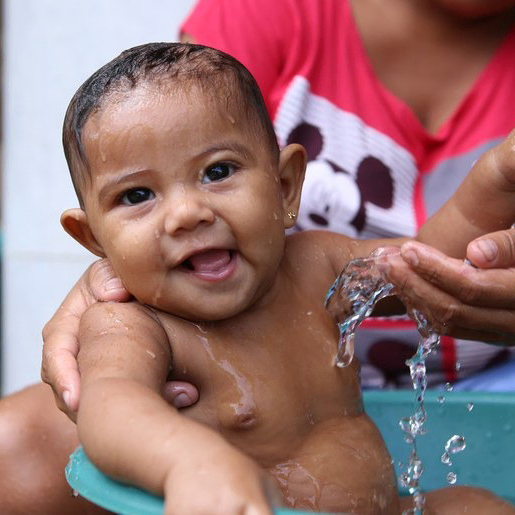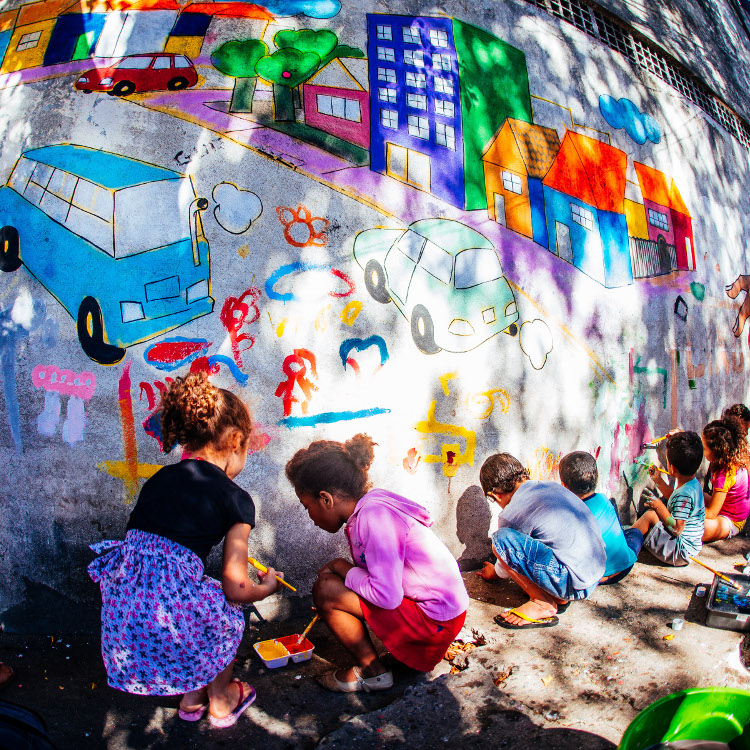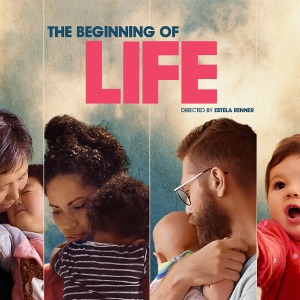Criança Feliz was set up by the Ministry of Citizenship (then known as the Ministry of Social Development) with support from the Bernard van Leer Foundation and others. By the end of 2021 the programme had visited over 1.2 million children across 2,874 municipalities of Brazil, making it one of the largest-scale efforts of its kind in the world.
The challenges, successes, failures and lessons of scaling up Criança Feliz have been documented in a book: Da ciência à prática – Os programas de apoio ao desenvolvimento infantil na América Latina (From science to practice – Programmes supporting child development in Latin America).
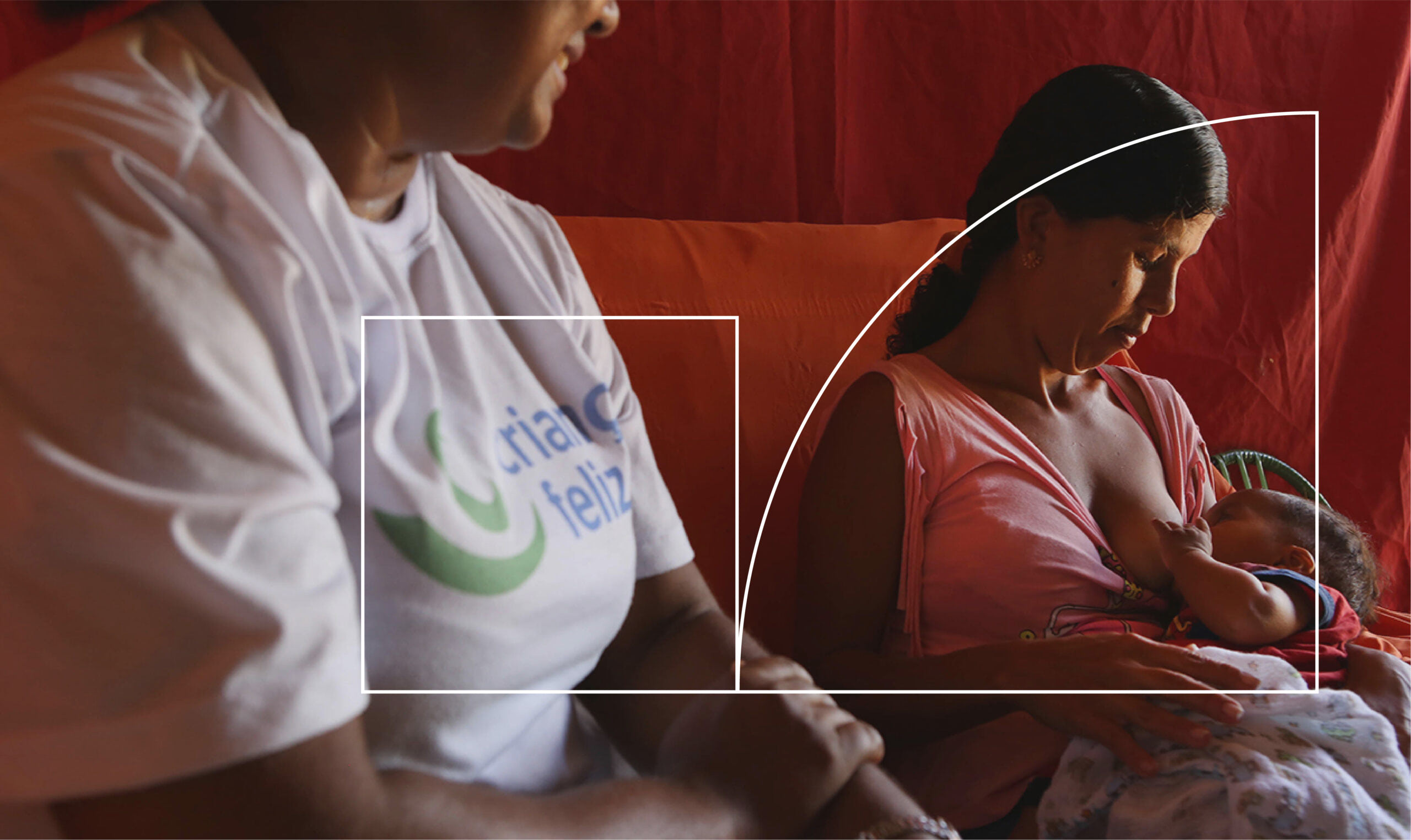
Photo: Courtesy of Mauro Vieira/Criança Feliz
You can also explore learning from the programme in a case study developed by the Harvard Kennedy School. It identifies the programme’s main success factors as the political will behind it, its decentralised structure, flexible model, and cascade training.
Ambitions to cover millions of children across Brazil
Around half of all families in Brazil meet conditions of social vulnerability that will make them eligible for Criança Feliz, which involves weekly home visits from before birth for the child’s first thousand days, followed by less frequent visits until the child can start preschool at the age of 4 years. The methodology for the home visits is based on the UNICEF/WHO Care for Child Development programme.
Supporting parents means working through local-level government
Scaling up home visiting programmes is a challenge in Brazil. The country’s structure of government puts decision-making power with state-level governors and municipal-level mayors, and each state and municipality that decides to offer home visiting then needs to customise the model to fit their financial, geographical and institutional capacities. The challenges in rural, semi-urban and urban areas are all very different.
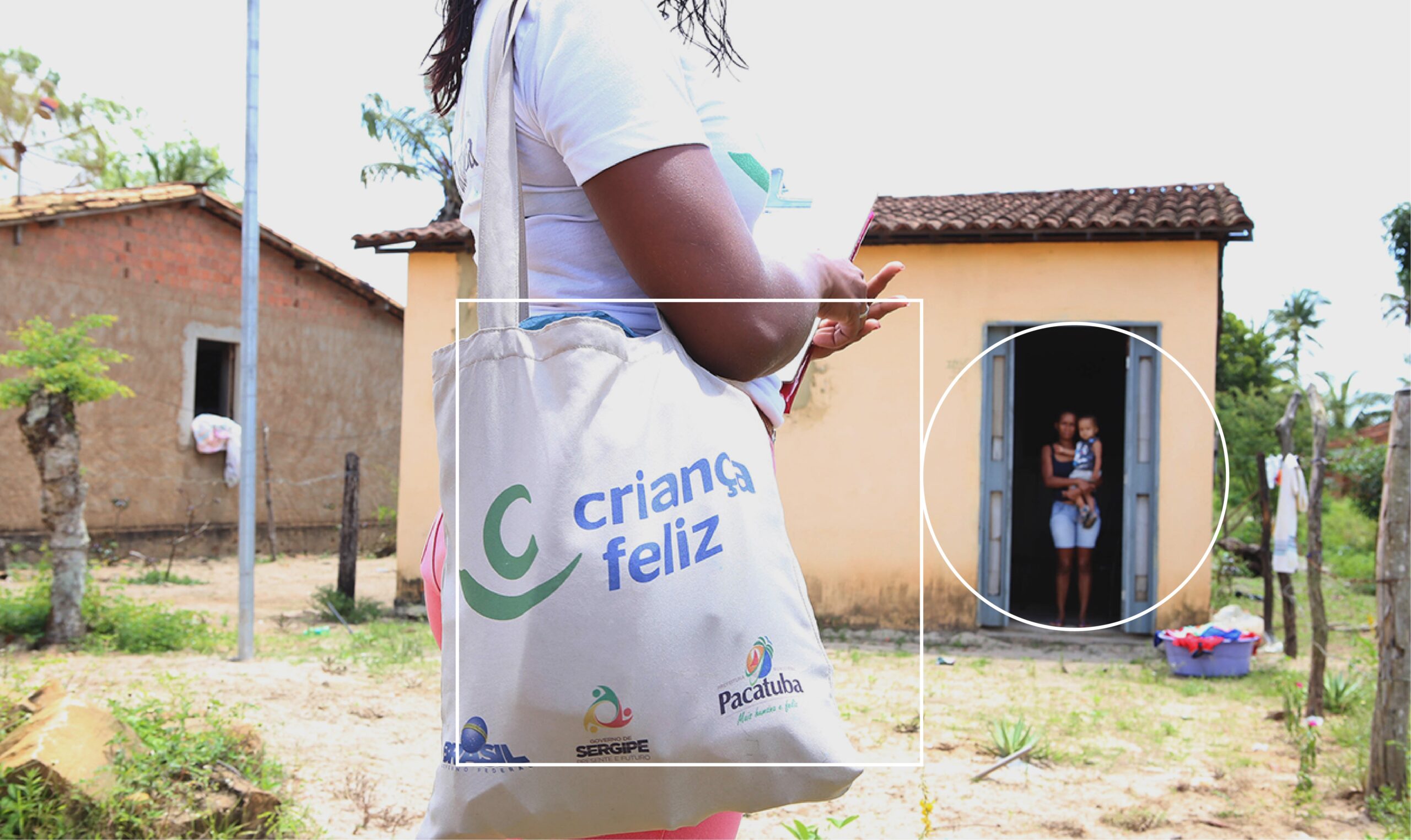
Photo: Courtesy of Mauro Vieira/Criança Feliz
The Bernard van Leer Foundation has supported home visiting projects in Brazil since 2017. Initial investments helped to train community health workers to coach parents in areas such as nutrition, early learning and birth registration.
Covid-19 pandemic spurs the development of valuable new tools
Restrictions on movement introduced during the Covid-19 pandemic required home visitors to find new ways of interacting remotely with families. The most successful innovations are featured in a publication by the Maria Cecília Souto Vidigal Foundation and the Bernard van Leer Foundation, Parenting: Home visitor practices adapted to the pandemic.
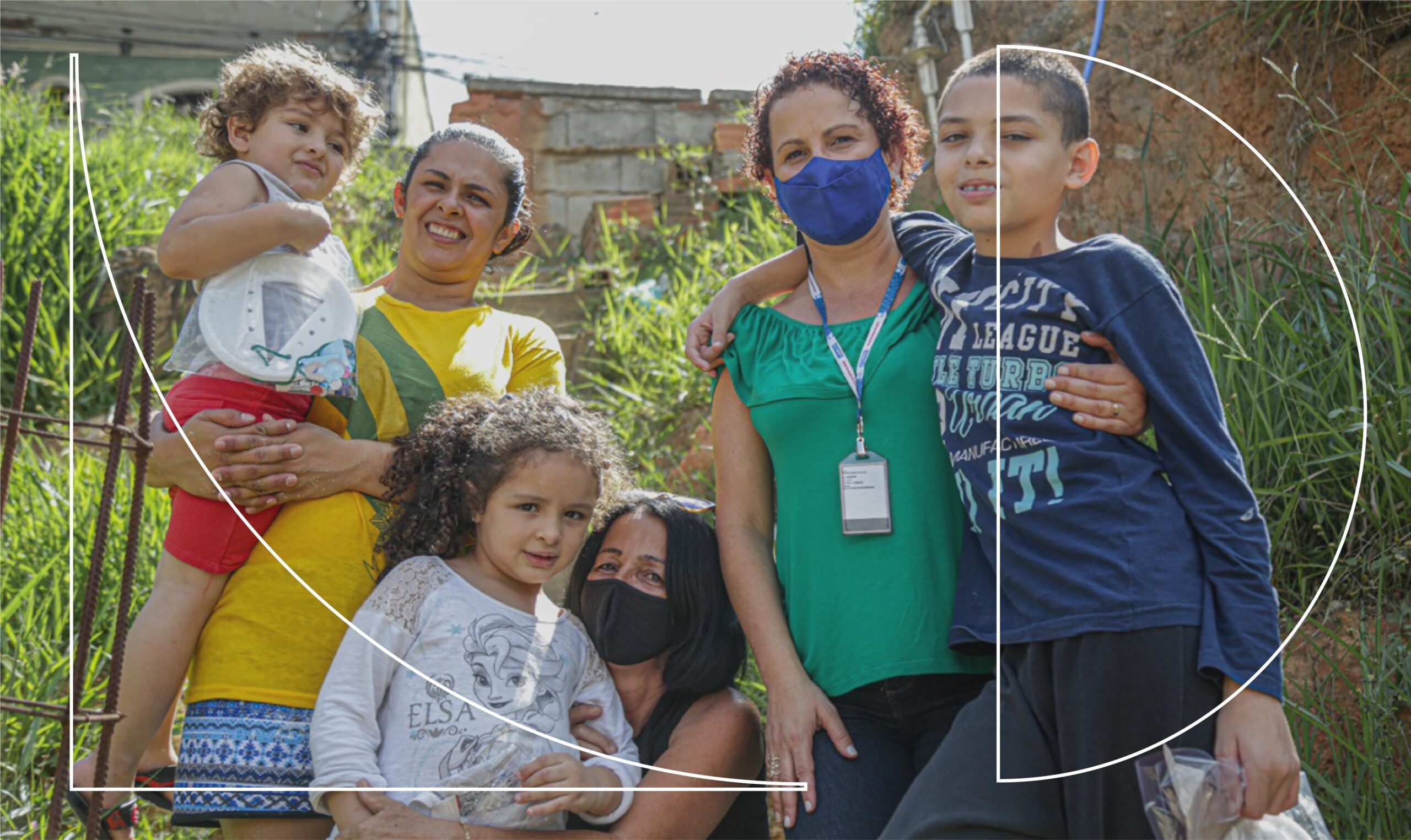
Photo: Courtesy of Prefeitura Itapevi
It also resulted in the development of a new tool, Jornada Online Primeira Infância (JOPI), which comprises 30 hours of audio and visual material, quizzes and support materials. Almost 6,000 early years professionals have been trained in this tool, which will continue to complement home visits after research found appreciation among parents for the use of virtual tools during the pandemic – especially WhatsApp.
